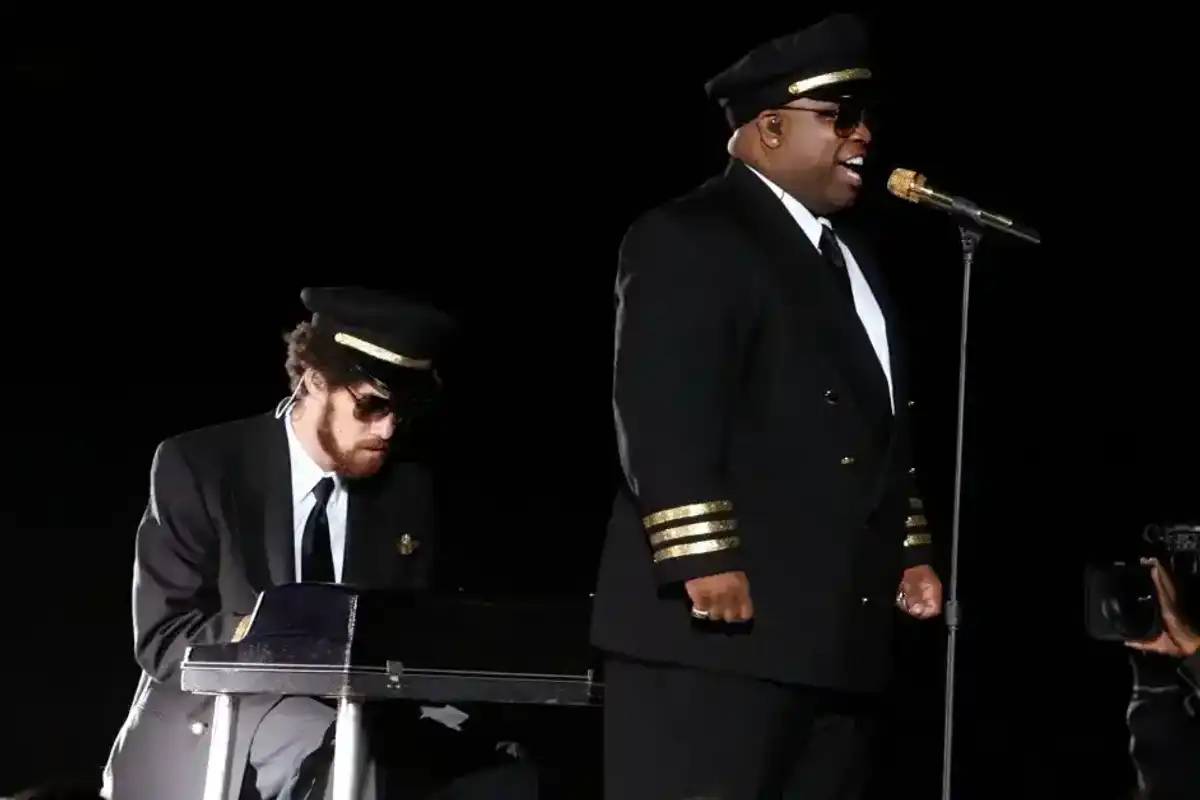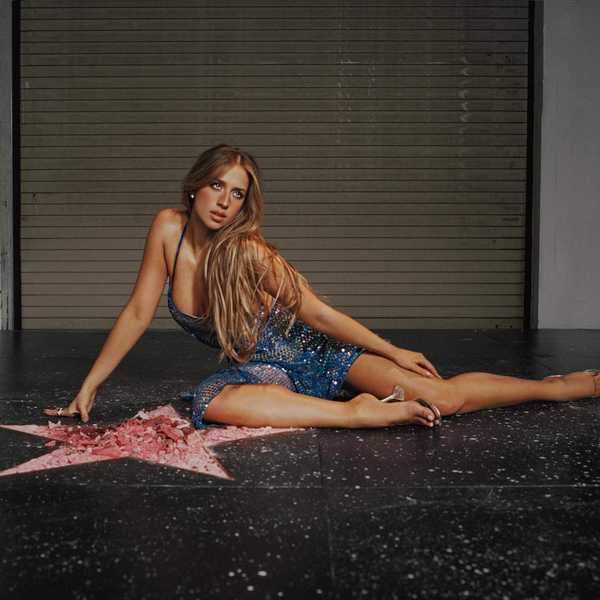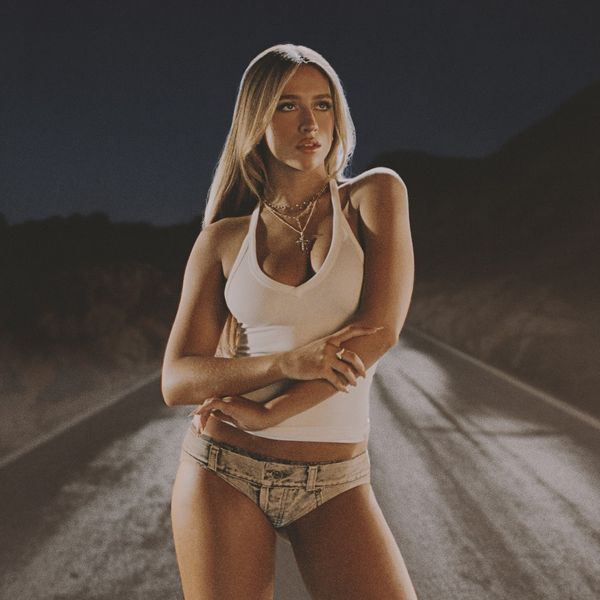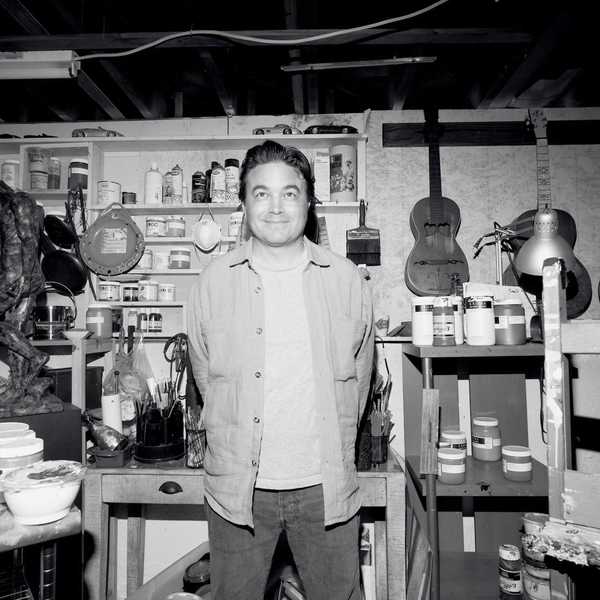Little Feat – Sky, Heaven and California Up Ahead!
One of the very best American bands of the '70s, their music, especially Dixie Chicken, was the perfect soundtrack for a Stateside road trip.
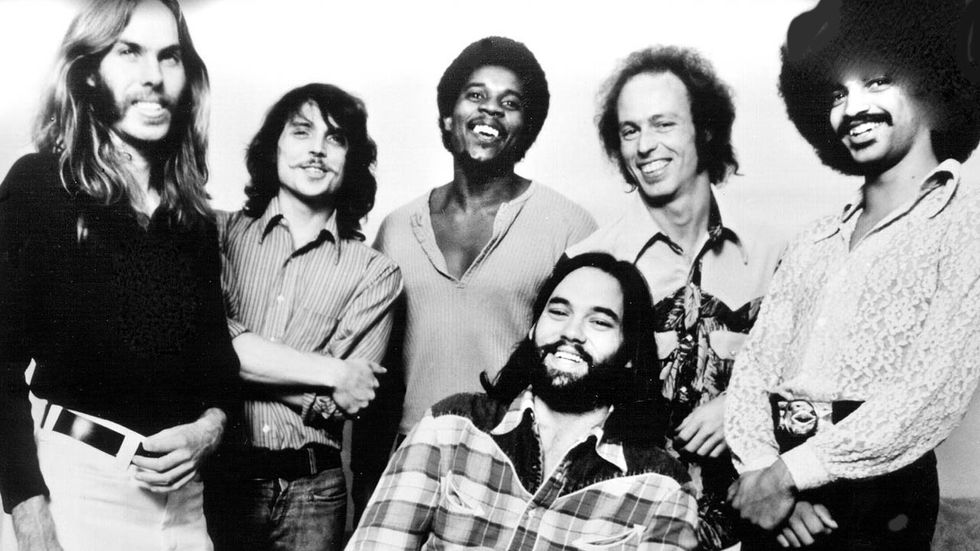
By Bill King
It was summer 1976 over Williams, Arizona, elevation 6,800 feet, where I witnessed the farthest stars in heaven crowd the main highway. We’d been driving through a back-lit coral sunset which made the raised arms of Saguaro cactus seem as if they were saluting ghosts in a passing caravan.
How many radio miles did we hear Elton John and Kiki Dee, “Don’t Go Breaking My Heart?” This was long before the bile-chattering Rush Limbaugh-dominated inner-space radio.
I spun the dial from AM to FM in search of a caffeine substitute; a song to make the late night-drive less onerous. It was the first cold wind we’d felt since leaving Albuquerque, yet it acted more as a sleep-aide than elixir.
The snow-covered roads surrounding Albuquerque were instant off-ramps into a nearby ditch. I was driving a delivery Camaro destined for Hollywood. As cautious as I was, the eventual slide into a ditch was my first line of defence against careening down a mountainside to the great hereafter.
The southwest in winter was a far greater attraction than the sleet-spoiled roads of Toronto. We’d driven from Buffalo, NY, to Williams, ten feet ahead of snow squalls that would make a confident driver shudder. We reached the summit, and now, the descent to Kingman, Arizona, then Needles, California, would bring a mix of warmth and the unexpected.
Near the gear shift; prudently displayed, a box of cassettes, a cold Pepsi and cigarette. There was some David Sanborn crammed in there, maybe some Miles Davis, but on this trip, the main event was Little Feat – especially Dixie Chicken.
“I've seen the bright lights of Memphis, and the Commodore Hotel, and underneath a street lamp, I met a southern belle. Oh, she took me to the river, where she cast her spell, and in that southern moonlight, she sang this song so well. If you'll be my Dixie chicken, I'll be your Tennessee lamb, and we can walk together down in Dixieland. Down in Dixieland.”
There’s nothing like a good sound system on wheels. The Camaro barely made the grade, but with windows up, it was a passable amphitheatre.
Every hundred miles or so Kristine would sing along, “I've been from Tucscon to Tucumcari, Tehachapi to Tonapah,” from Little Feat’s 1972 recording Sailin’ Shoes and the song ‘Willin’, and we’d look at each other with big broad smiles and fire up another reefer; then replay.
Little Feat were by far America’s greatest band, playing a mix of New Orleans, southern blues, swamp, roots and blues rock, with a dash of R&B. The band was assembled by guitarist Lowell George a former member of Frank Zappa’s Mothers of Invention, and keyboardist Bill Payne. The band’s name came courtesy of Mother’s drummer Jimmy Carl Black when he commented on George’s “little feet.”
That song ‘Willin’' supposedly got George fired from Zappa’s band when he was accused of writing a song about dope.
The band debuted with the studio side Little Feat in 1971, followed by Sailin’ Shoes and then the big change-up as personnel moved on, and a New Orleans funk-style rhythm section emerged.
The new band was comprised of Paul Barrere guitar and vocals, Sam Clayton, congas, Lowell George vocals and guitar, Kenny Gradney bass, Richie Hayward drums and backing vocals and Bill Payne – keyboards, synthesizer and vocals.
We made all the hotspots, my money flowed like wine, then the low-down southern whiskey, yea, began to fog my mind. And I don't remember church bells, or the money I put down on the white picket fence and boardwalk, on the house at the end of town. Oh, but boy do I remember, the strain of her refrain, and the nights we spent together, and the way she called my name. If you'll be my Dixie chicken, I'll be your Tennessee lamb, and we can walk together down in Dixieland. Down in Dixieland.”
"Dixie Chicken" is everything great about American music. It begins with bass and congas up front and a loping sideways drum pattern directly from the streets of New Orleans as if scripted by Levon Helm, with the most amazing piano trills and fills, poking about the perimeter. Then Lowell arrives with a sublime vocal. Then a big fat shout chorus of singers led by Mad Dogs and Englishmen’s Bonnie Bramlett on the top end – on to another Bill Payne piano break.
At about two-plus minutes in, Lowell George’s slide guitar seeps through, and both George and guitarist Paul Barrere double up and state the outgoing theme. That sound would become a trademark of New Country. There’s never a misspent note or lapse in confidence. It’s big, bold Americana roots soul.
Many years since she ran away, yes that guitar player sure could play. She always liked to sing along. She always handy with a song, but then one night at the lobby of the Commodore Hotel. I chanced to meet a bartender who said he knew her well. And as he handed me a drink he began to hum a song and all the boys there, at the bar, began to sing along. If you'll be my Dixie chicken, I'll be your Tennessee lamb, and we can walk together down in Dixieland. Down in Dixieland, Down in Dixieland.
Welcome to California!

